
Sarah Macaraeg
Investigative reporter

Investigative reporter
Sarah Macaraeg is an investigative reporter in Memphis with The Commercial Appeal/USA Today network. Her stories have resulted in the elimination of phone fees charged juvenile detainees in Shelby County, Tennessee; a Legislative Hearing on ICE detention across New Mexico; and the regulation of a private water company in Marion, Arkansas. A longtime Chicagoan, Macaraeg previously reported in-depth on the Chicago Police Department. Her work now encompasses a range of topics, from environmental and criminal justice to political influence and privatization. She is the recipient of the national Sidney Award for outstanding investigative journalism, the Restorative Narrative Award from Images and Voices of Hope; and a Salute to Excellence from the National Association of Black Journalists. Macaraeg changed careers from book publishing into journalism as a contributor to The Guardian and VICE. She has since reported for Chicago Reader, Public Radio International, Reveal from the Center for Investigative Reporting and local outlets across Tennessee and New Mexico. She can be reached on Twitter @seramak or via email at sarah.macaraeg@commercialappeal.com.
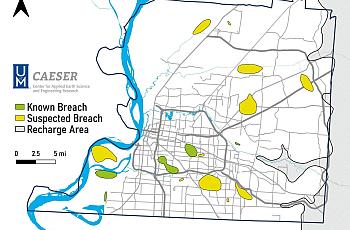
This story is part of a larger project led by Sarah Macaraeg, a 2019 Data Fellow who is investigating the disproportionate number of asthma diagnoses and severe symptoms among Memphis children.
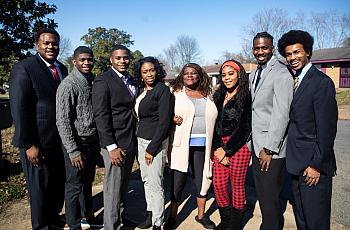
With national attention on the proposed Byhalia pipeline mounting, a trio of Memphis environmental advocacy groups and the Southern Environmental Law Center filed a lawsuit Thursday against the U.S. Army Corps of Engineers.
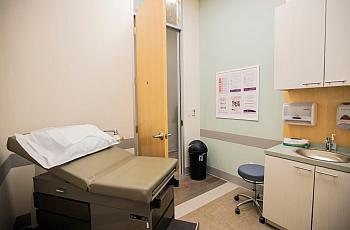
As the number of coronavirus cases and deaths continue to tick up around the country, an estimated 13% of people in Shelby County are facing the pandemic without health insurance.
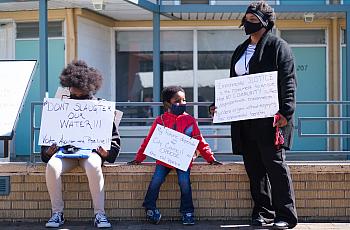
On one side of the Byhalia pipeline battle: Fossil fuel companies' clout. Squaring off against Big Oil: Black families fighting to protect their health, homes, loved ones and land.
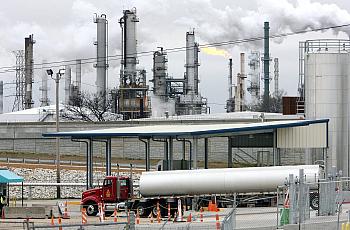
The proposed Byhalia Connection pipeline, a joint venture of Plains All American Pipeline and the Valero Energy Corp., set off an environmental justice movement that's picked up steam in Memphis and around the country, as Black families from southwest Memphis square off with Big Oil.
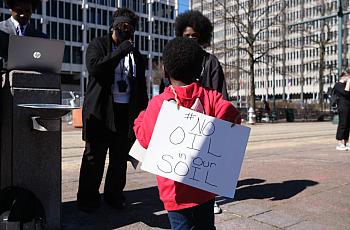
An 800-gallon leak of crude oil and 10-pound release of benzene, a chemical compound the World Health Organization classifies as carcinogenic, occurred in January 2020 near the planned destination of the Byhalia pipeline.
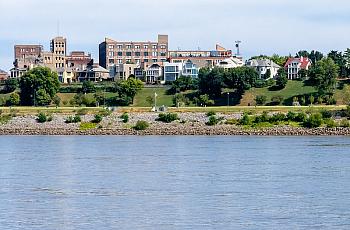
When it comes to public health and environmental justice, we have yet to understand what causes a disproportionate number of asthma diagnoses and severe symptoms among Memphis children.